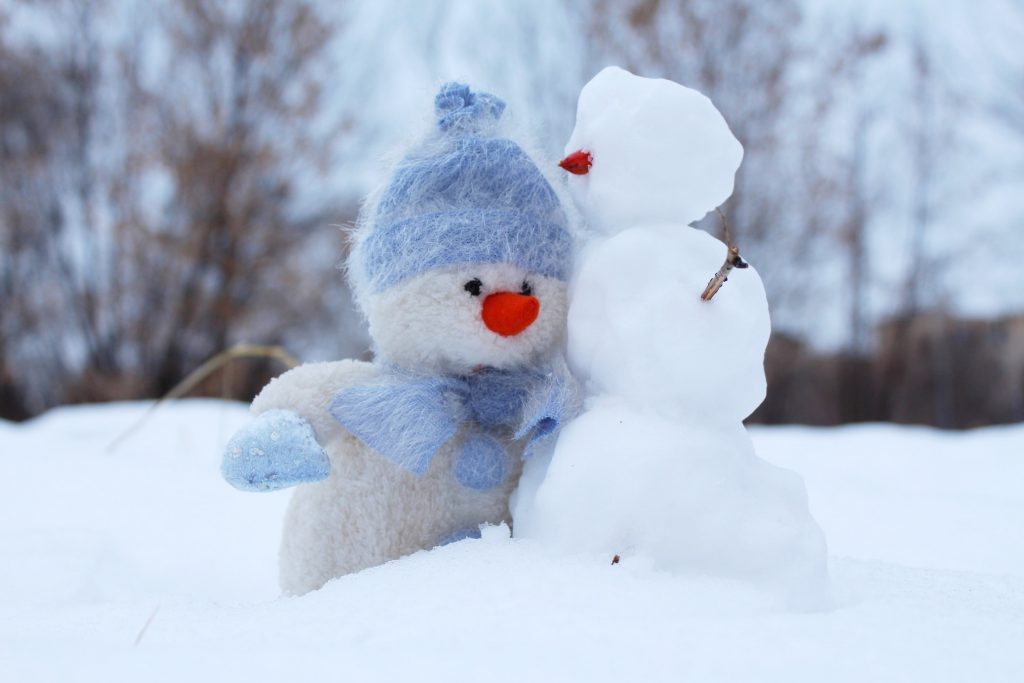An invitation to do less this season

An Invitation To Do Less This Season As far back as I remember, Christmas time always evoked mixed feelings. Being Jewish, my family celebrated Hanukkah, which sometimes coincided with Christmas and other times did not. My school hosted a number of Christmas related events and I envied the many families who celebrated what I believed to […]
Steal These Questions to Get Your Child Talking About School

Steal These Questions to Get Your Child Talking About School Remember when your kids were little and wouldn’t stop talking? I admit, there were days when I succumbed to preparing dinner with headphones on… volume set just loud enough to drown out the non-stop voices, yet soft enough to hear if anyone were to […]
